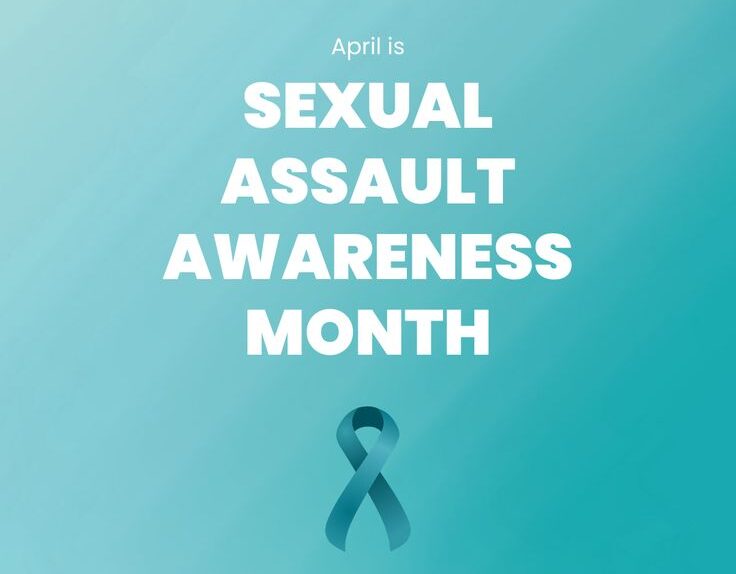Is failing an exam end of your life?
A great sense of humiliation and expression of self-defeat can come from failing an important exam. Yet every year when candidates sit national examinations, a substantial number of them do
A great sense of humiliation and expression of self-defeat can come from failing an important exam. Yet every year when candidates sit national examinations, a substantial number of them do fail to get the required grade that is considered as a pass. So does that mark the end of their life? ESTHER KIRAGU examines this scenario.
Last month’s release of the 2013 Kenya Certificate of Secondary Education (KCSE) results drew mixed feelings from different candidates, schools and parents in throughout the country. While some were in jubilant celebrations, others mourned, cried and quietly reflected on their poor performance. But such is life.
While releasing the KCSE results, the cabinet secretary for education, Professor Jacob Kaimenyi, said that the percentage of candidates who scored C+ and above, qualifying for entry into public universities was 27 per cent. This means 73 per cent of the candidates who sat KCSE in 2013 failed to get the required grade that is considered good enough to get you to university. The question that begs is whether the life of these candidates is doomed, especially since they don’t qualify for higher education.
Sometimes it can be very difficult to predict the outcome of an exam as several factors come into play when addressing the exam results of a student. Arguably, exams are one of the most feared things in education by students. Whether a student is confident in their abilities in their chosen subject or not, exams can often both predictably and unpredictably bring out the best, and more than often, the worst, in a student.
Grading students academically…
Somehow society seems to have painted an image that portrays that success in academics equals success in life and vice versa. Consequently when a student fails an exam then they feel like as if their life is completely doomed. It is no wonder that there are many cases that have been reported, and others that go unreported of students who take their life, feeling that death is the only option when they fail an exam. Many others go through depression, have dark thoughts, or hurt themselves, feel helpless, lost and alone. Truth is an exam isn’t worth your life.
It’s therefore important to learn how to deal with the situation without resorting to criticism or rebuking yourself. Learning how to handle failure helps in the learning process and leads to a better quality of life. The only real failure in life is to give up too soon. Everyone makes mistakes and many times failure can be linked to our success. Infact, many great and distinguished icons in society have used their failures as a stepping-stone to success.
Several stories are told of successful world leaders who once failed but used their failure to steer them in success. Late Steve Jobs who helped create the personal computer and built Apple into one of the world’s most valuable companies, was once fired from the company. The late Nelson Mandela who was a South African anti-apartheid revolutionary, politician, and philanthropist and the first black president of South Africa, spent 27 years in prison. Abraham Lincoln once failed in business, had a nervous breakdown, and was defeated in eight elections before eventually becoming the president of the US. If you ask me, these world leaders had every reason to give up but they didn’t and instead went on to leave a mark in the world.
So, is education important?
The importance of a good education can’ t be over emphasised, but good education is more than learning how to read, write and pass exams. Obviously, society puts a lot of emphasis on grades and use of academic qualifications to rank students’ abilities is common. This need not be the only tool of ranking a student’s ability. Education is aimed at equipping people with knowledge and skills to cope holistically in the society. Therefore, academic grading is as equally important as training young people on life skills and empowering them to identify their talents early, so they can polish, package and deliver them to the world. Testing students’ ability solely through examinations is not a fair way of presenting each student’s true capabilities.
Each person learns differently and equally each person demonstrates his or her knowledge differently. While some people excel in presenting their knowledge orally, others do extremely well in exam conditions. And others are just good in extra-curricular activities or hands-on skills; which should also be nurtured. Too much rests upon whether a student does, or does not, do well in their exams, which is somewhat unfair on those who would do equally as well but in a more practical approach.
Highly educated people are not any more important than skilled people since both form part of a comprehensive society. Every parent wants their child to succeed and as such many parents fall into the trap of demanding that their children perform academically well so as to fit into conventional jobs such as lawyers, doctors or teachers. Though they mean well, they at times push their children too hard to achieve academic success but they need to understand their children’s potential and not succumb to societal pressure.
John Kithaka a successful entrepreneur and parent says that a good education system is one that helps students identify their talents and purpose in life. “When we identify what our children are good at and nurture it, then we are likely to have a very happy society,” he says.
Most times unsuccessful candidates lack the motivation or determination to pick up themselves and continue trying. However, they can overcome this by focusing on their previous successes in exams, tests, and other challenges in life, and the strategies they used in those situations. This can serve as motivation that there is life after failing an exam.
Books are great, they are a great way to gain knowledge, and I personally must have a book in my handbag at all times. But not everyone shares this similar feeling. As long as one does the best they can, then it is good enough even if it isn’t an A grade. Of importance is what they do with their lives to become successful and fulfilled in a field of their choice.
Published on April 2014





